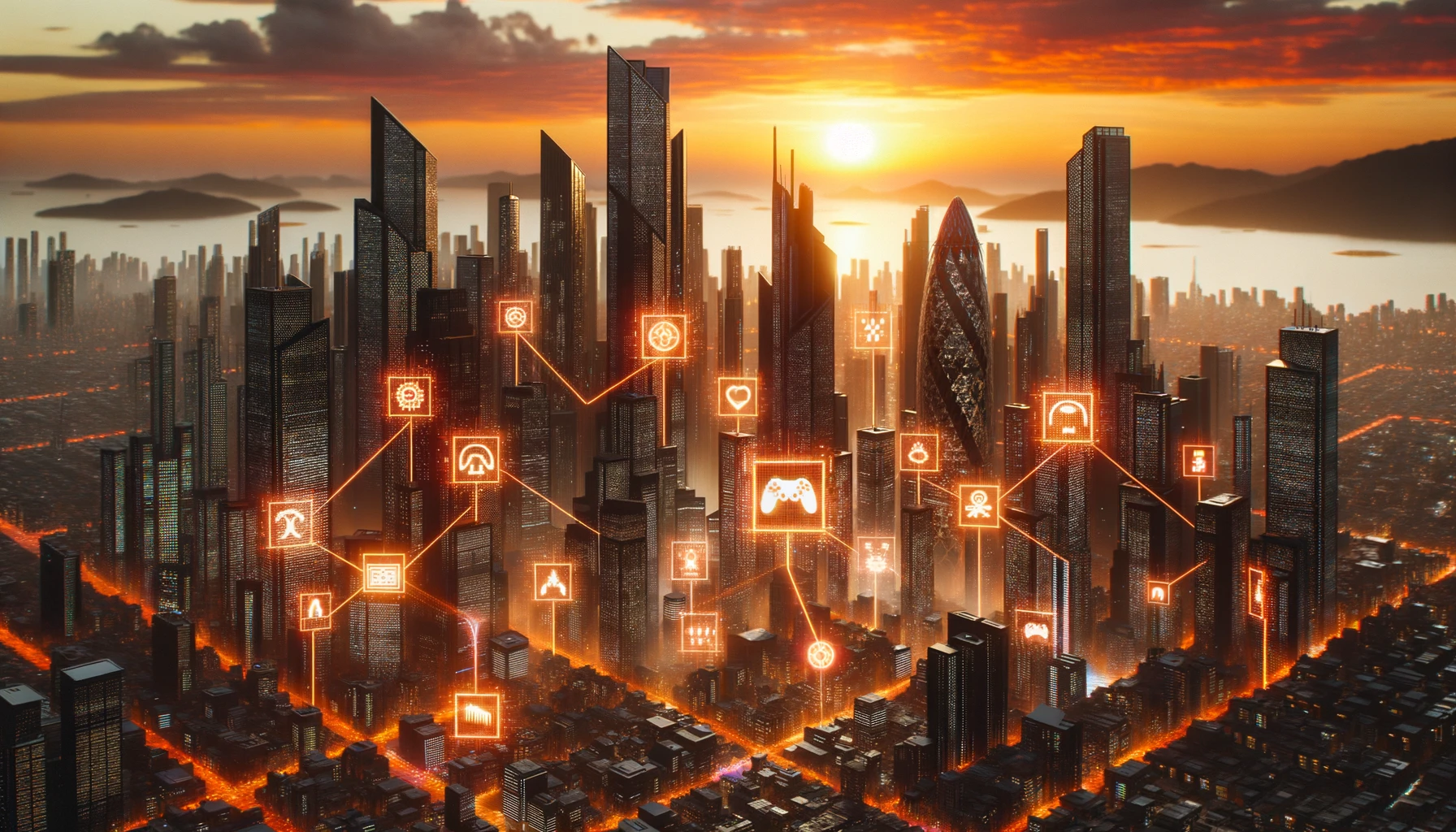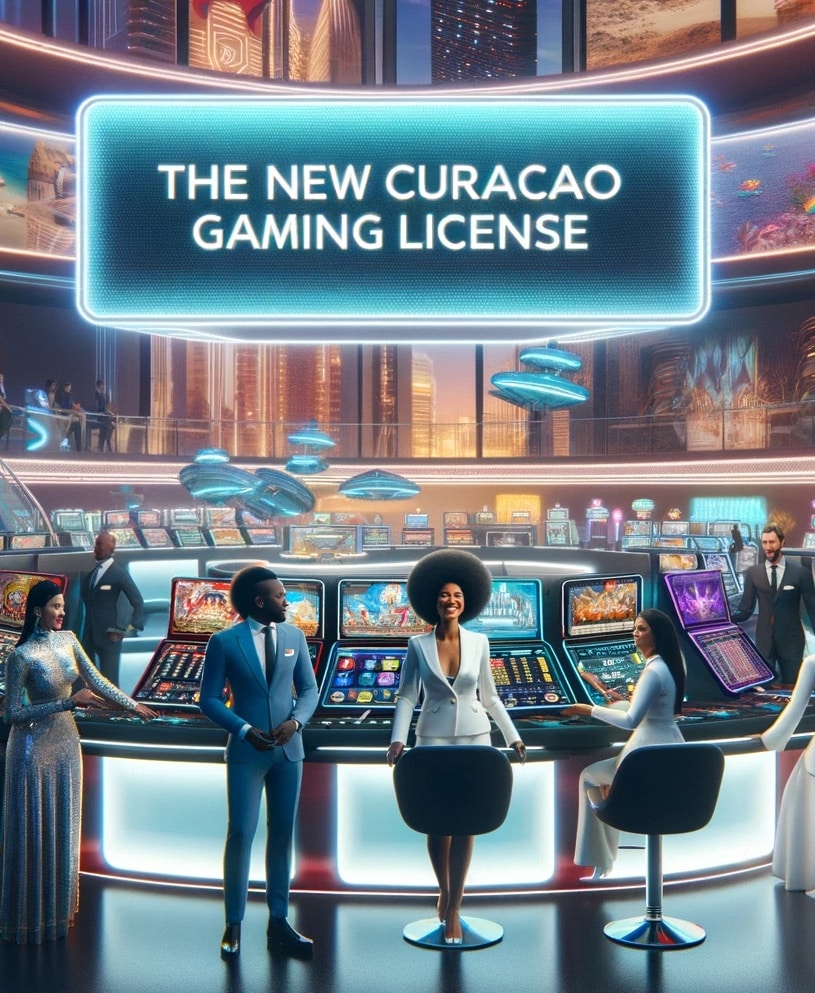GBO’s complete New Curacao Gaming services:
- New License Process: Assistance with Curacao gaming license applications, submission, gathering and preparing necessary documents.
- Complete Legal Support: AML framework, compliance officer and policies, regular and IT audits under the latest regulations. Corporate.
- Setup: Formation of a Curacao company and provision of a local director. Financial Solutions: European bank accounts, merchant Banking.
- Banking and cryptocurrency wallets: Gaming Systems: Offerings of white-label online casinos, gaming software, and platforms.
- Licensing for All iGaming Products: Including online casinos, apps, sports betting, poker, lotteries, and bingo.
Why partner with GBO for your Curacao gaming venture?
- Veteran in the Field: GBO has been a reliable figure in the gaming sector since 2009.
- Navigating Challenges: We understand the new complex Curacao Licensing requirements.
- Your Trusted Service Provider: GBO clarifies these options, steering companies towards achievement.
- Complete Solutions: We offer strategies specifically designed for your B2B gaming requirements.
- In-depth Industry Knowledge: Engaging with GBO means receiving holistic solutions, not just quick fixes.
- Banking, Crypto and merchant solutions: With GBO, handling your gaming business’s finances is a breeze.
Contact us for an all-inclusive Gaming License package in Curacao.
WhatsApp us at +972504938469 or
in**@gb****.com
.
The Evolution of AI and Gaming from 2020 to 2030
The gaming industry has undergone a monumental transformation over the past decade, primarily due to advances in artificial intelligence (AI). As we travel back in time from 2020 to 2030, the role of AI in reshaping the online gaming landscape becomes abundantly apparent. Here is a comparison of how things have evolved.
1. Personalized Gaming Experience 2020
Recommendation systems powered by artificial intelligence gained traction. Games such as ‘The Witcher 3’ and ‘Assassin’s Creed’ utilized artificial intelligence (AI) to improve NPC (Non-Player Character) behaviors and provide players with a more customized experience based on their gameplay patterns.
The gaming experience in 2030 is highly personalized. The AI now comprehends players’ preferences, dispositions, and even real-time emotional responses, adjusting game elements accordingly. This ensures that each individual’s gaming experience is unique and that no two experiences are identical.
2. Graphics and Realism
Ray tracing – a technology that simulates how light interacts with virtual objects, was beginning to be implemented, resulting in more realistic graphics. A limited amount of AI was used to enhance textures and render high-definition visuals.
In the year 2030, gaming graphics are virtually identical to reality. Real-time procedural generation based on AI creates vast, intricate worlds that respond to user actions. Photorealistic NPCs with intricate, down-to-the-pores skin textures are now the norm.
3. Game Development
Developers have begun utilizing AI for procedural-level design and automating certain repetitive duties. Tools such as Unity’s ML-Agents enabled the training of more intelligent game characters.
2030: Entire games can now be created with the aid of artificial intelligence. From story development to character design and world-building, AI tools expedite the process, enabling even amateur game developers to create high-quality games. In addition, AI-driven playtesting ensures that players have a seamless gaming experience by identifying and fixing flaws in real time.
4. Multiplayer and Competitive Gaming
: AI programs in multiplayer games were rudimentary, frequently exhibiting predictable patterns that were exploitable by seasoned players.
2030: AI opponents in multiplayer games provide a level of difficulty comparable to that of human participants. They gain knowledge from each match, adapt to the strategies of their opponents, and even engage in deception and unpredictability. This has obscured the distinction between human and artificial intelligence competitors in eSports competitions.
5. Accessibility and Inclusivity
Accessibility and Inclusion 2020: Voice assistants and translators powered by artificial intelligence were beginning to make games more accessible to players with disabilities and those who spoke other languages.
Gaming has become universally accessible by the year 2030. Adaptive systems driven by AI modify games based on players’ physical and mental capabilities, ensuring that everyone can appreciate the experience. Real-time translation and localization ensure global cultural and linguistic resonance for video games.
6. Virtual Reality and Augmented Reality
VR and AR games were in their infancy, with AI’s influence in enhancing the immersive experience being minimal.
The distinction between virtual and actual has been eliminated by 2030. Virtual reality (VR) and augmented reality (AR) games powered by AI respond to the player’s real-world surroundings, personalizing the virtual space. The fluid interactions within these games, with NPCs responding to verbal and nonverbal cues, create a profoundly immersive experience.
The conclusion
From 2020 to 2030, AI has acted not only as an instrument but also as a catalyst to revolutionize the gaming industry. As we look ahead to the next decade, one thing is certain: AI will continue to stretch the limits of what is possible, ensuring that gaming will remain a constantly evolving, dynamic realm.














